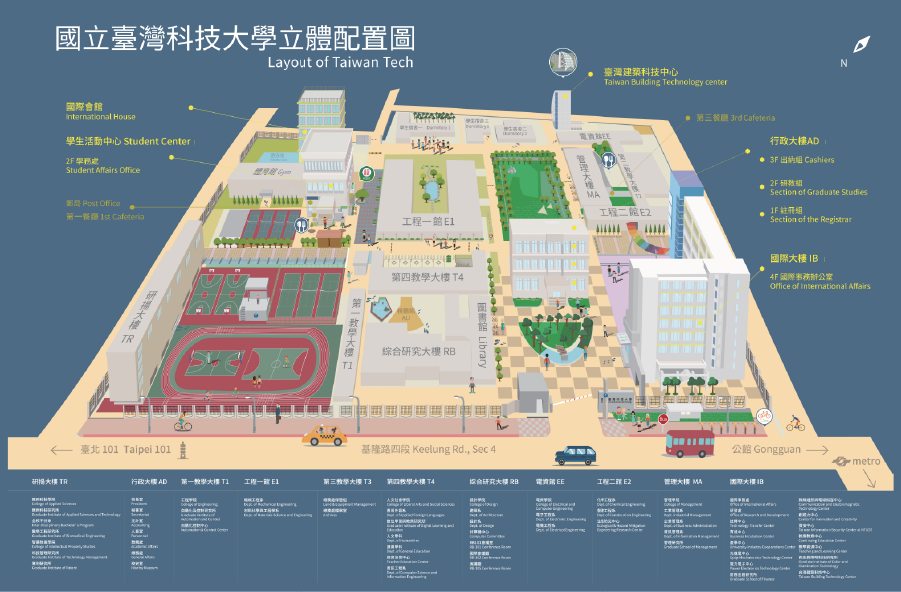Teaching Objectives
Curriculum Map
Education Target
|
The Educational Targets of the Department of Electronic and Computer Engineering Educational Targets: Connect core sciences with industry applications and nurture electronics specialists who can apply the latest technologies. Turn out students who understand both theory and practice while valuing professionalism and ethics. They will also be innovative and possess an international perspective.
III. Nurture student’s international perspective and communication skills
IV. Nurture students’ sense of social responsibility and professional ethics
|
Characteristic
|
The teaching character of the department of Electronic and Computer Engineering
|
Kernel Ability
|
Core Student Abilities
II. Core Professional Abilities
III. Application Abilities
|
